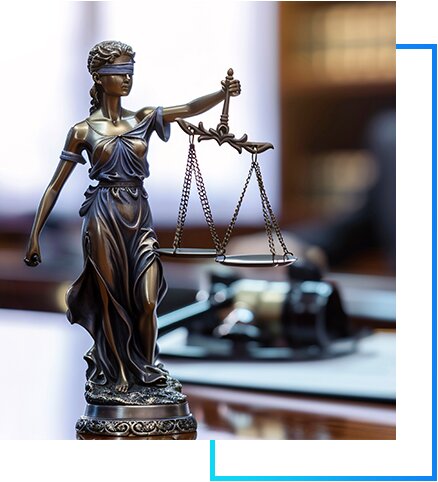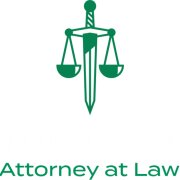Best Discrimination Lawyers in Durban
Share your needs with us, get contacted by law firms.
Free. Takes 2 min.
List of the best lawyers in Durban, South Africa
About Discrimination Law in Durban, South Africa
Discrimination law in Durban, South Africa, is a subset of South African law that prohibits unfair discrimination by both public and private entities. The Constitution of the Republic of South Africa (1996) contains strong protections against discrimination on the grounds of race, gender, sex, pregnancy, marital status, ethnic or social origin, colour, sexual orientation, age, disability, religion, conscience, belief, culture, language, and birth.
Why You May Need a Lawyer
You may require a lawyer for several reasons. Primarily, if you believe that you have been unfairly discriminated against in areas such as employment, housing, or education. Furthermore, if a business has refused to provide you service based on any form of discrimination, a lawyer can guide you through the process of pursuing legal recourse. This could take the form of filing legal complaints, representation in court, or negotiation of settlements.
Local Laws Overview
Two significant pieces of legislation relevant to discrimination in Durban, South Africa are the Constitution and the Promotion of Equality and Prevention of Unfair Discrimination Act (PEPUDA). Both provide a broad and inclusive list of prohibited grounds of discrimination. PEPUDA further provides a framework for institutions to combat discrimination and promote equality, such as Equality Courts, and sets out prohibited actions and behaviours.
Frequently Asked Questions
What constitutes discrimination in South Africa?
Discrimination in South Africa refers to any act or omission, including policies and laws, that directly or indirectly impose burdens, obligations or disadvantage based on the prohibited grounds without a reasonable and justifiable rationale.
Are there special tribunals or courts for discrimination cases?
Yes, there are. The Promotion of Equality and Prevention of Unfair Discrimination Act has set up Equality Courts specifically to deal with discrimination complaints.
Can I file a discrimination complaint on someone's behalf?
Yes, with the permission of the person who has been discriminated against, or if the person is unable to do so due to factors such as disability or age, you can file a complaint on their behalf.
What can I do if I'm a victim of hate speech?
Hate speech is considered discrimination under South African Law. If you are the victim of hate speech, you can report the incident to the South African Police Service or file a complaint at the Equality Court.
What remedies can be given by the Equality Court?
The Equality Court may order the respondent to make a specific payment as compensation, issue an apology, or stop the discriminatory action. The court may also send the case to the Director of Public Prosecutions if criminal proceedings might be relevant.
Additional Resources
For additional resources, the South African Human Rights Commission (SAHRC) is a key institution dedicated to the promotion and protection of human rights. The Legal Aid Board provides legal advice and litigation services to underprivileged individuals. Also, the Commission for Gender Equality (CGE) works specifically in relation to gender discrimination.
Next Steps
If you believe that you have been a victim of discrimination, the first step is to consult with an experienced lawyer. They can advise on the relevant legal procedures, possible remedies, and guide you through the process of filing a complaint with the relevant legal institutions. It is vital to gather all evidence related to the discriminatory act, which may include documents, photos, videos, or witness testimonies. It's important to take action promptly as there may be specific time limits within which a complaint must be brought.
Lawzana helps you find the best lawyers and law firms in Durban through a curated and pre-screened list of qualified legal professionals. Our platform offers rankings and detailed profiles of attorneys and law firms, allowing you to compare based on practice areas, including Discrimination, experience, and client feedback.
Each profile includes a description of the firm's areas of practice, client reviews, team members and partners, year of establishment, spoken languages, office locations, contact information, social media presence, and any published articles or resources. Most firms on our platform speak English and are experienced in both local and international legal matters.
Get a quote from top-rated law firms in Durban, South Africa — quickly, securely, and without unnecessary hassle.
Disclaimer:
The information provided on this page is for general informational purposes only and does not constitute legal advice. While we strive to ensure the accuracy and relevance of the content, legal information may change over time, and interpretations of the law can vary. You should always consult with a qualified legal professional for advice specific to your situation.
We disclaim all liability for actions taken or not taken based on the content of this page. If you believe any information is incorrect or outdated, please contact us, and we will review and update it where appropriate.














